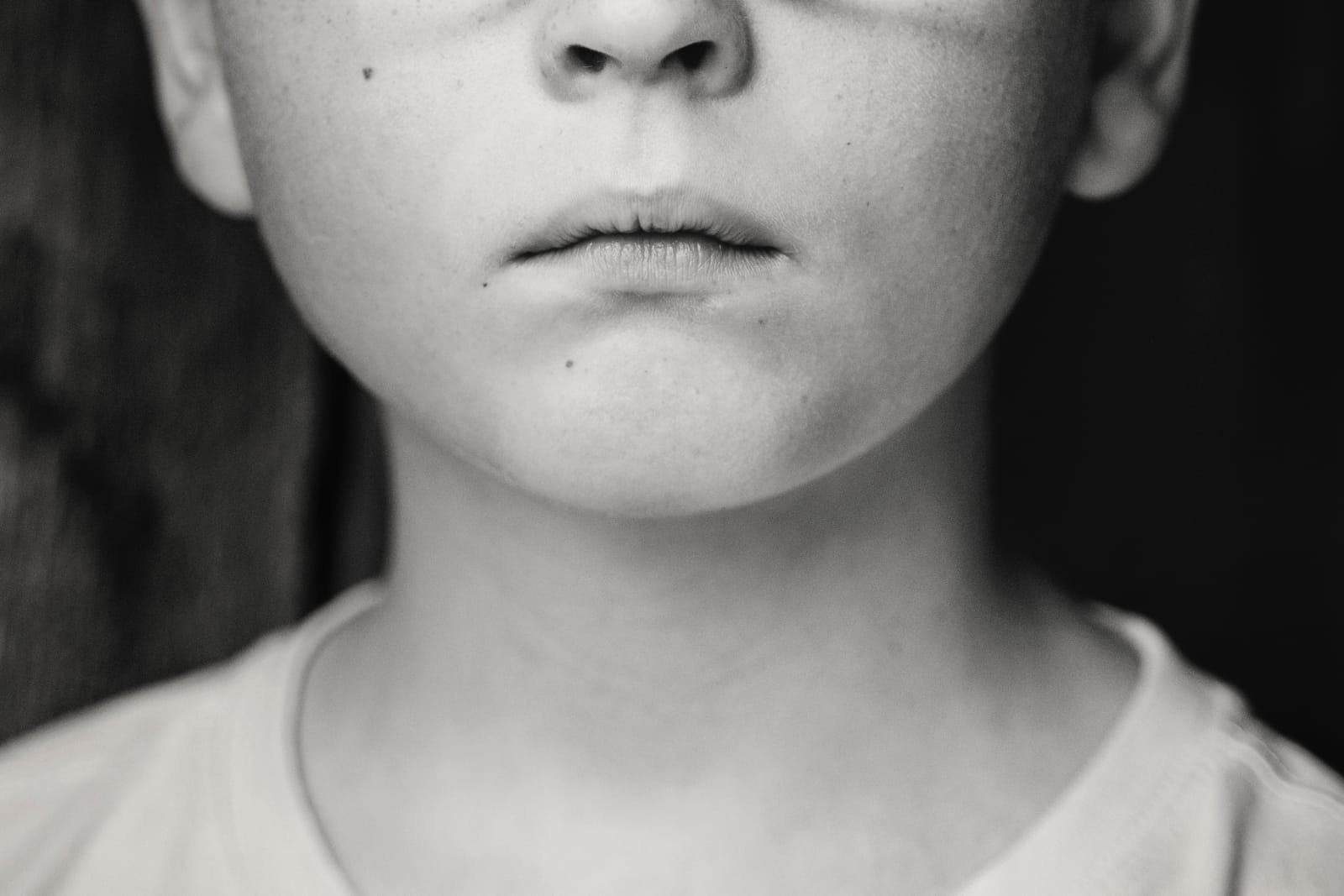What is Child abuse?
The Centers for Disease Control and Prevention in the United States defines child abuse as the group of acts that cause physical, moral, or psychological harm to children by either parent or caregiver. Protecting children from abuse is very important, as I mentioned in Article 2 of the Convention on the Rights of the Child. Child abuse varies from one family to another. It takes many forms, and therefore it can be one type of abuse or multiple types of abuse. It also has effects on the child’s physical, psychological and mental development.
What are the types of child abuse?
it is divided into 3 main types:
Physical abuse
It is an abuse that can cause physical harm to a child, for example, beating, biting, burning, and others. Physical abuse affects children of all ages, but infants and young children experience repeated abuse because they cannot express themselves. Parents or caregivers may abuse children due to their own psychological and health issues like work, life or other problems. Also, issues like tantrums, toilet training and other problems faced by a child in its early stage, can increase the risk of abuse by their parents or caregivers. According to the World Health Organization, three out of four children regularly suffer corporal punishment and psychological violence at the hands of parents or caregivers.
Sexual abuse
By harming or allowing harm to a child by a parent, caregiver, or any person. Sexual abuse includes rape, harassment, and sexual exploitation by filming explicit videos or photos of him. According to the WHO, 120 million women under the age of twenty have experienced some form of forced sexual intercourse. Moreover, a woman in five and 1 in 13 men report being sexually assaulted as a child under the age of 17. 
Emotional abuse and neglect
Through words and phrases that harm the child and mistreat him emotionally and psychologically. This abuse poses a danger to the child’s psychological life. It is considered one of the most serious types of violations, as it tends to last for a long time. In addition, neglecting the child by not meeting his essential needs such as food, housing, clothing, education, health care, etc… Caring for children is the responsibility of parents, caregivers, and everyone around the child. Therefore, it’s crucial to prioritize taking care of the child and preventing abuse, whether intentional or unintentional. Child Appeal Charity is working on protecting children at all levels, including poor children, orphans, and refugees.



